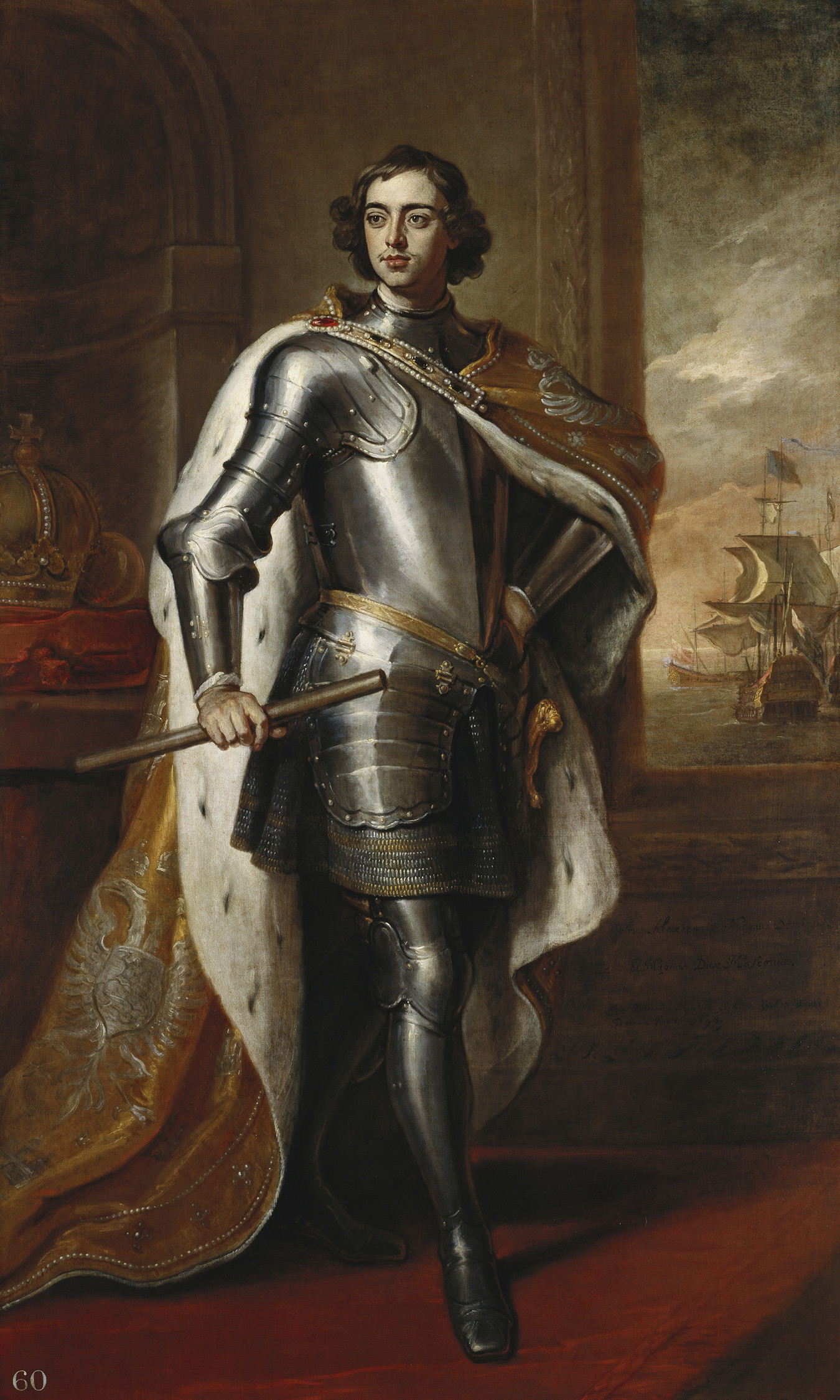As Peter the Great tries to westernize Russia, he enacts many reforms that follow a similar pattern. One pattern that I was able to discern from the readings was that each reform had a part in limiting the power of the church or Boyars. The church is seen to be limited with the role of priests. To become a priest you must be taught by a bishop and formally trained. A person cannot just decide to be a priest because he wants to reap the benefits of the position. Priests are not able to make any commercial gains from baptisms or any sort of service. They are to must represent a good lifestyle and not set a bad example for those around them (RS, 334-36). Education begins to become a requirement for admission into the elite class as well and you would not be considered for the position of a noble without being educated. This forced elites to receive an education outside of traditional religious instruction, perhaps undermining the church (RS, 246-49). Peter seems to be at least trying to enact requirements for positions, instead of letting the less qualified gain these positions.
It seems that Peter’s intent for the Table of Ranks was to undermine the power of the Boyars. The Table of Ranks introduces how rank is attained and clearly displays which classes have more power compared to the others. One sentence from the eighth statute is striking as it states, “… We shall proffer no rank to those who have rendered no service to Us and the fatherland….”. This really drives the point that your rank is decided by how useful you are to the state, not entirely by lineage. If a noble does not follow this rank and acts higher than their rank, they would be fined. This could’ve been put in place to deter any Boyars trying to act out of place (RS, 228-29). The factor of lineage is not completely taken out of determining class, but what you are able to do for the state seems to become a more vital part of the process.

Kneller, Godfrey. 1698. N.p.

Peter’s intentions do appear to be both to limit the power of those at the top of society and to establish a clear ordering of society. Many of his reforms adhered to the theme of defining the social hierarchy in order to quash any attempts by either boyars or ecclesiastical officials to raise their wealth or esteem. I agree that Peter does value one’s usefulness to the state which is related to his new concept of Russians being loyal to their state rather than just their monarch.
I know that the rhetoric on Peter and what he did for the Russian Orthodox Church was in terms of his limiting the power of the church. But did his short-term limitations on the ROC (namely, with what people were allowed to serve as priests) help the church in the long run as a cultural and/or spiritual center? I don’t know if a change like this happened as the quality of the average priest was seemingly better than before.